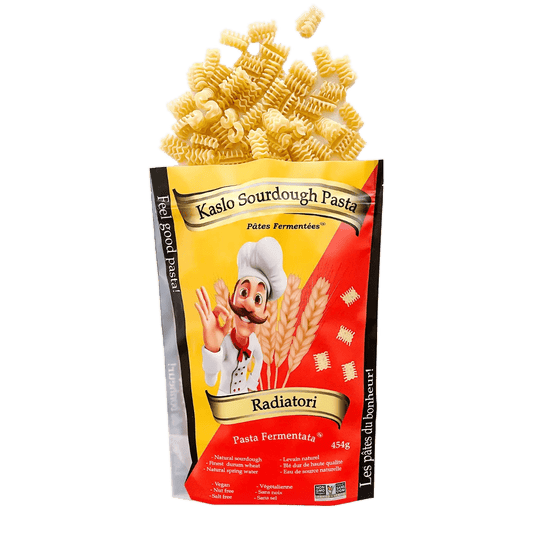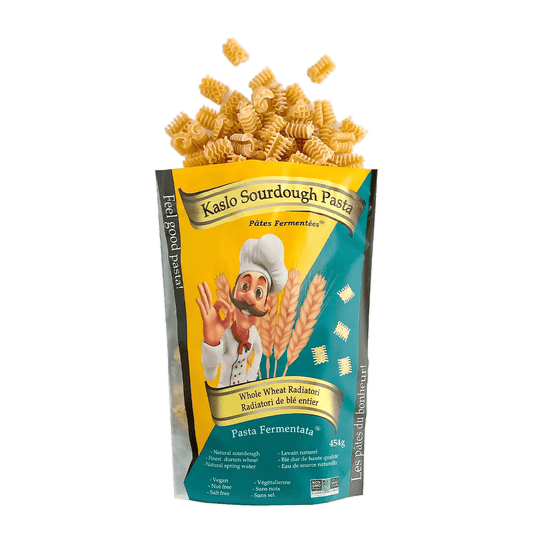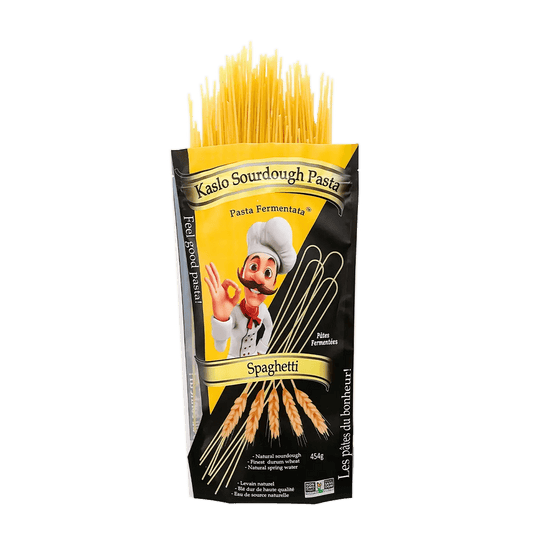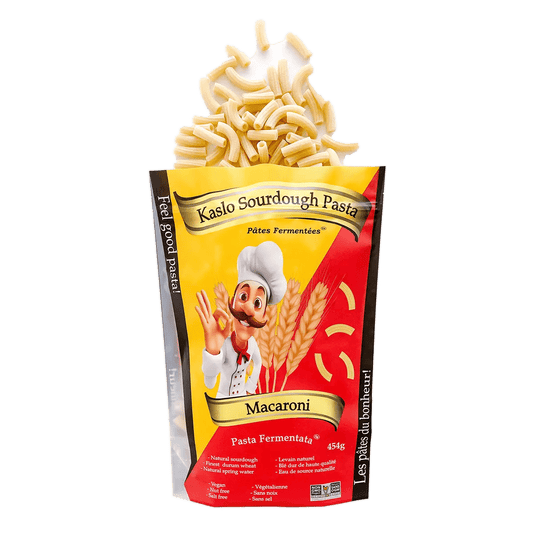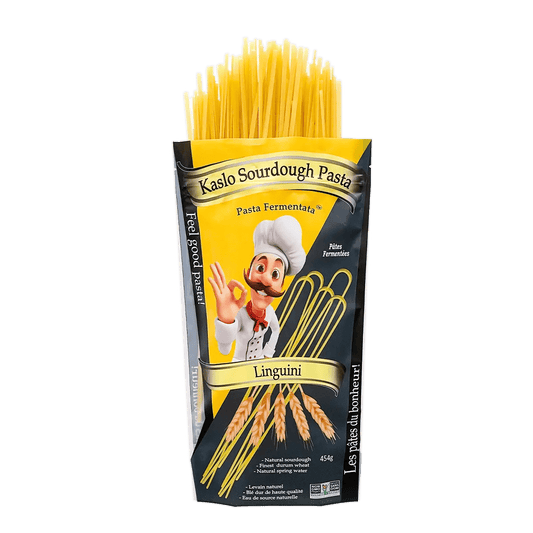Author: Chris Wormald
I love the taste of all things sourdough. I’d probably even eat it over regular bread even if it didn’t have great health properties that makes it BETTER than anything else. Next time you’re at a party with a George Constanza type and looking for some sourdough factoids to riff off and sound smart just look up this article while pretending to use the washroom and you’ll come across like a genius.
- Ancient Origins:
Sourdough traces its roots back thousands of years to ancient civilizations such as Egypt, Mesopotamia, and the Fertile Crescent. Early humans discovered that by mixing flour and water and allowing it to ferment naturally, they could create a dough that would rise and produce bread with a light, airy texture. This simple yet ingenious process laid the foundation for the development of sourdough as we know it today.
- Gold Rush Staple:
During the 19th-century Gold Rush in North America, sourdough became a vital part of life for miners and settlers in the rugged frontier. Sourdough starter cultures were prized possessions, often passed down through generations, and used to leaven bread in makeshift ovens. The term "sourdough" even became synonymous with experienced prospectors, earning them the nickname "sourdoughs" due to their reliance on this traditional method of bread making.
- Cultural Significance:
Sourdough holds deep cultural significance in many societies around the world. In Alaska, for example, sourdough is celebrated annually during the "Sourdough Rendezvous," a festival that pays homage to the resilient pioneers who relied on sourdough for survival in the harsh northern wilderness. Similarly, in San Francisco, sourdough has become synonymous with the city's culinary identity, thanks to the unique strain of lactobacillus bacteria found in the local air, known affectionately as "Lactobacillus sanfranciscensis."
- Pioneer Bread:
As settlers migrated westward across North America, sourdough traveled with them, becoming a staple food on the frontier. Sourdough starter cultures were cherished possessions, carefully guarded and tended to ensure a steady supply of bread, even in the most remote wilderness. This hearty, nourishing bread sustained pioneers through long and arduous journeys, earning it a place of honor in the annals of culinary history.
- Modern Revival:
In recent years, sourdough has experienced a resurgence in popularity as home bakers rediscover the joys of traditional bread making. With its emphasis on natural fermentation and wholesome ingredients, sourdough embodies the principles of slow food and artisanal craftsmanship. Today, sourdough enthusiasts around the world exchange recipes, techniques, and starter cultures, keeping alive the rich tradition of sourdough baking for future generations to enjoy.
For Further Reading
Sourdough.co.uk: The History of Sourdough Bread
YouKneadSourdough: The History of Sourdough: The Rise of Sourdough Bread
The Ultimate Guide to Sourdough - All things Sourdough

